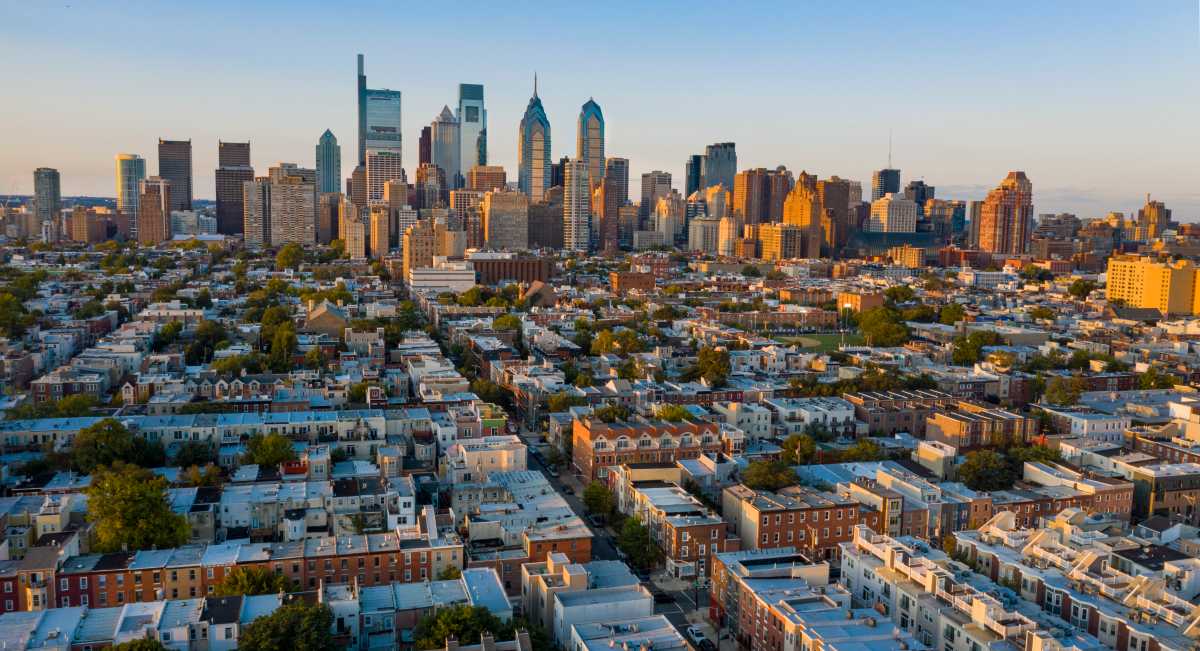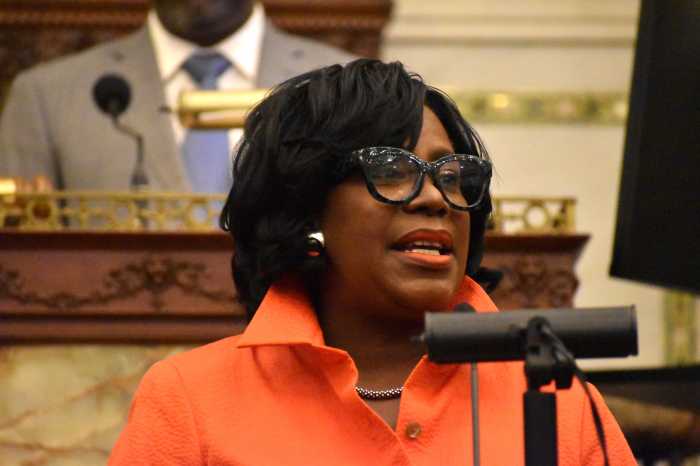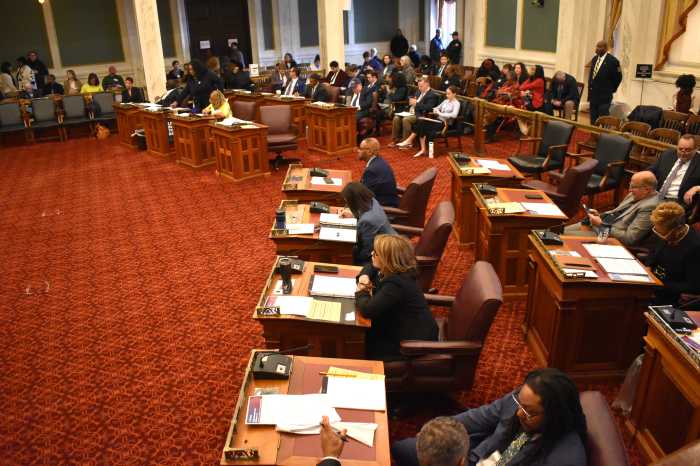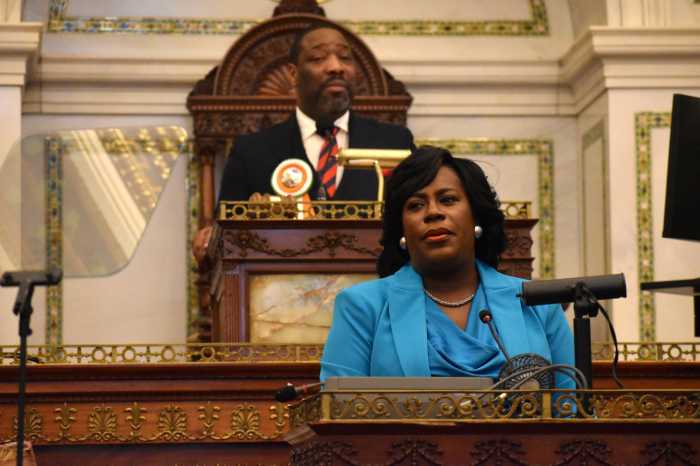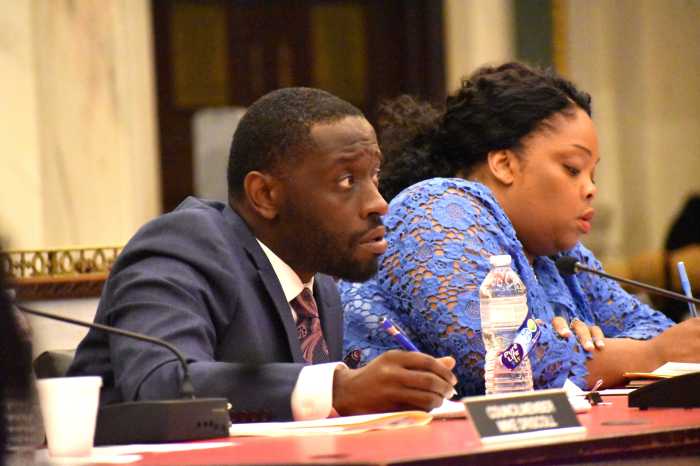The Philadelphia Energy Authority, which manages a popular home repair program, is asking for more city dollars to compensate for the potential loss of $20 million in federal funding, a result of President Donald Trump’s efforts to scale back spending.
An independent, quasi-governmental agency with 22 employees, PEA is involved in a variety of initiatives, from installing solar panels on municipal buildings to replacing street lights across the city with LED bulbs.
Through its Built to Last program, the authority has completed extensive renovations at 220 homes, with 430 homes in the process of receiving repairs. More than 2,600 properties are on the waitlist, comprising a backlog of more than two years, officials said.
PEA coordinates with nearly a dozen other residential rehabilitation programs for Built to Last, and construction crews incorporate energy efficiency and weatherization projects into the work.
The Trump administration has terminated $16 million in future grants for Built to Last, with another $4 million in existing funding at risk of being frozen, said Emily Schapira, the authority’s president and CEO.
Mayor Cherelle Parker’s spending plan, presented last month, allocates just $1.3 million to PEA, down from a little over $6 million in the current fiscal year.
Her communications director, Joe Grace, told Metro that the current adopted budget reflects a one-time $5 million appropriation for Built to Last and that the mayor’s is actually proposing a $250,000 increase to the authority’s base budget.
Schapira asked City Council during a budget hearing Wednesday to up the municipal contribution to $10 million, in part to account for the uncertainty in Washington, D.C. Half of that requested total would go toward Built to Last.
Without city support, “we would have to stop or slow down our programming,” she told lawmakers.
Former Council President Darrell Clarke, who left office at the end of 2023, was a supporter of PEA, and he crafted an arrangement in which lawmakers would determine the agency’s line item in the municipal budget, rather than working off the mayor’s proposal, Schapira said.
“That had been the previous setup for around eight years,” she added. “We’re still, I think, growing into the new Council and into the new mayor, even though it’s not so new anymore.”
Councilmember Nicolas O’Rourke, an at-large member, noted that Built to Last would seem to fit into Parker’s vision to create or preserve 30,000 units of affordable housing.
“Although building housing is important, our primary concern should be repairing and rehabbing the plentiful housing stock that currently already exists in the city of Philadelphia,” O’Rourke said during the hearing. “Repair is both cheaper and less likely to displace long-term residents.”
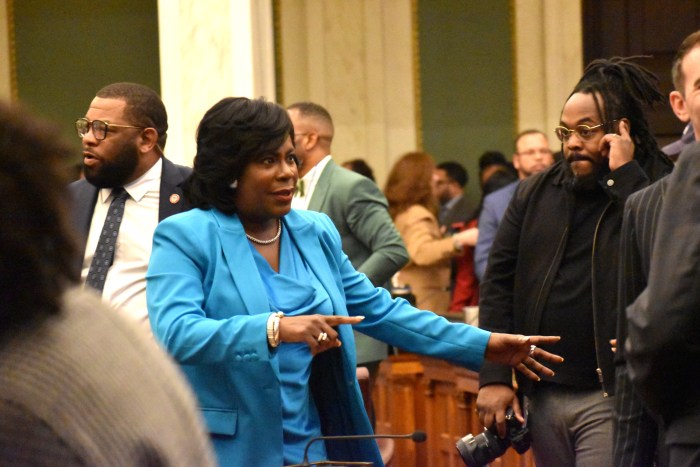
Schapira said PEA is part of an advisory group for Parker’s Housing Opportunities Made Easy, or H.O.M.E., initiative. Last month, the mayor presented her plan to borrow $800 million in the coming years to invest in housing.
Documents published by Parker’s team show the mayor intends for Built to Last to “continue,” though no specifics are included. However, Grace said the program is not funded under the H.O.M.E. proposal as it currently stands.
“So that’s why we’ve really come here for more budget certainty around this program,” Schapira said.
Parker’s office did not respond to a request for comment Wednesday afternoon.
Lawmakers are currently holding a series of hearings analyzing various aspects of the mayor’s annual spending plan. Council and Parker are required to reach a budget agreement before a new fiscal year begins July 1.



